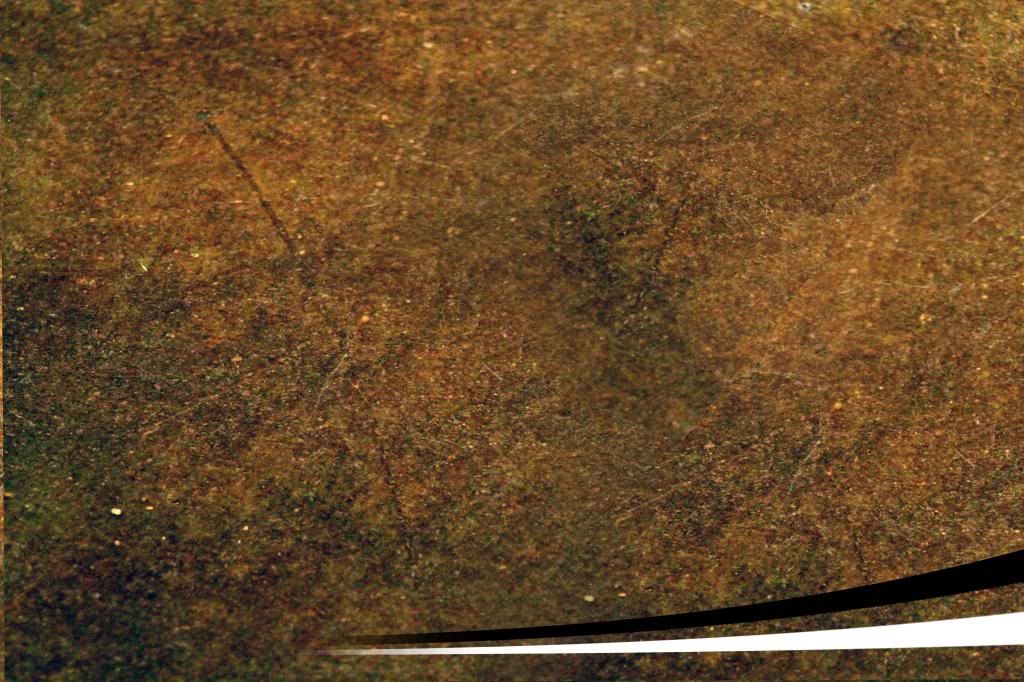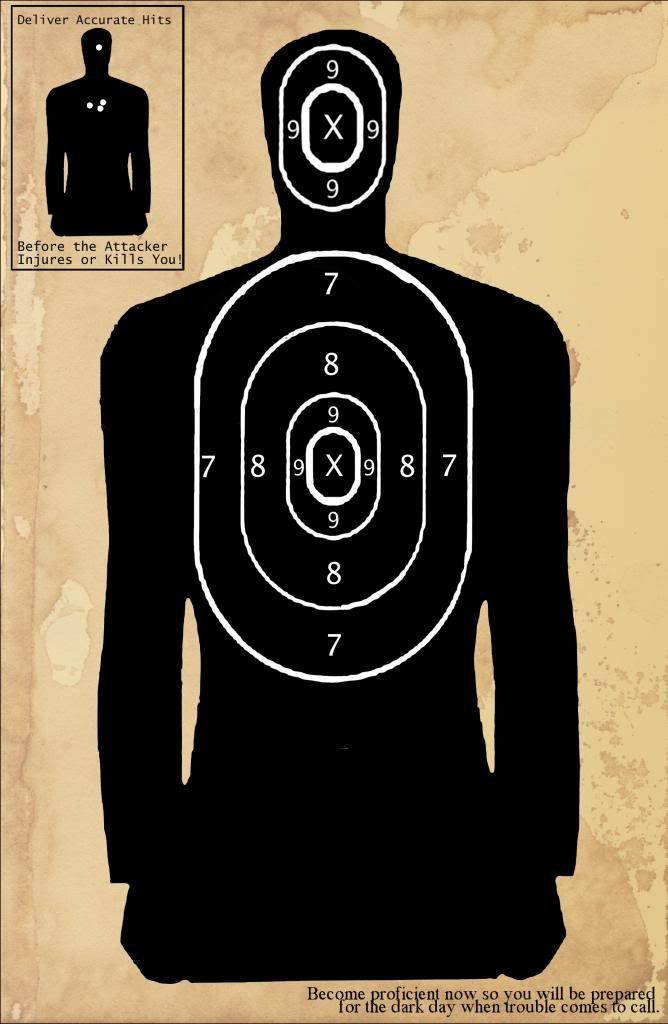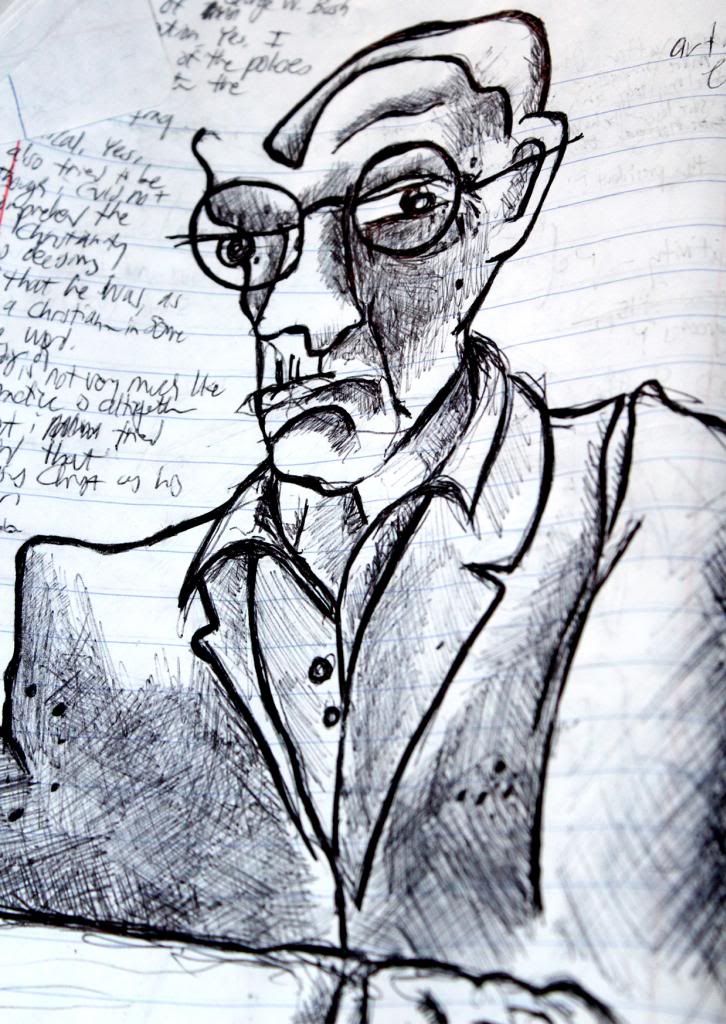Epiphany properly begins in darkness.
Arise, shine; for
your light has come; and the glory of Yahweh has risen on you.
For see, darkness covers the earth, and blackness the people,
but Yahweh rises upon you, and
his glory will appear over you.
Nations will walk to your light, and kings to your rising brightness. (Isaiah 60: 1-2)
And the darkness began about 600 years before the birth of Jesus
The people of Israel had sinned. They
had displeased and disappointed Yahweh God, the Lord of heaven. They had failed to keep their covenant with
him. The holy people of God – his treasured possession – had become a kingdom
of violence and bloodshed, of murder and exploitation. So in the year 586 B.C. the Babylonian Empire
led by King Nebuchadnezzar became the hammer of God and was used by God to
smash the nation of Israel.
What wasn't destroyed was carried away into captivity and slavery.
A generation lived and died in captivity, but a remnant remained. A remnant was preserved to return to Israel. They were allowed to leave the land of their
captivity and to make the journey back to the land promised to their
fathers. It should have been a time of
rejoicing.
But it wasn't all celebration and dancing.
Though they had returned to their homeland, they discovered that you
really can’t go home again. It was all
gone. All that they remembered was
gone. They remembered the glory and
honor of King Saul, and King David, and King Solomon, but now there was no
king; there was only a puppet who answered to rule of the now dominant Persian Empire.
They remembered the marvelous temple built by King Solomon. They remembered its splendor. But now there was no Temple.
It had been pulled down by the Babylonian invaders. And when the people of Israel had rebuilt the temple, the
oldest among them wept at the sight of it because it was so inferior to the
temple of their memories.
They were poor. They were
friendless. They were broken and in
despair. Their expectations had been shattered and they had no hope for the
future. This was their darkness. This is
the situation of the people to which the prophet Isaiah spoke when he
said: “Arise, shine; your light has come.” The prophet was speaking words of hope to a
destitute people whose expectations had been shattered. He was giving them a sign that the light
would not be swallowed up by eternal darkness.
In addition to having a connection with the idea of light
and darkness, this passage from Isaiah is associated with Christmas and with
Epiphany because of the reference to the Kings of the east who come bearing
gifts:
…the wealth of the nations [will] come to
you; camels in throngs will fill your streets, the young camels of Midian and Ephah; everyone in Saba will come, bringing gold and frankincenseand proclaiming Yahweh’s praises. (6)
There they are, right, the gifts of the magi? Gold, Frankincense and …. Oh, wait. Isaiah doesn't mention a third gift. Isaiah doesn't mention Myrrh.
Gold, we know. We recognize the value of
Gold. We understand what it symbolizes:
it is wealth and royalty. It was a gift for Jesus our king. Frankincense was the incense used by the
priests in the temple, and symbolized the name of God. It was a gift for Jesus our High Priest. But what of myrrh?
Myrrh – that third gift mentioned by Matthew – is an aromatic gum, the sap of a
tree that grows in Arabia and Eastern Africa.
The trees are cut with a knife; the sap oozes out and hardens into “tears” that
are collected. The tears of myrrh were
sometimes crushed into powder and worn by women as an aromatic sachet. Or the myrrh powder could be mixed with wine
– this custom is, apparently a newly re-discovered fad in some up-scale
clubs. Wine mixed with myrrh was used as
a palliative or pain killer – and was offered to Jesus as he was dying on the
cross.
And this leads us to the main association of myrrh – death. Myrrh, though quite expensive (at times valued
more than its weight in gold) was commonly used in the embalming of corpses and
burned to mask the stench of death.
Myrrh is a symbol of death and dying.
This is hardly a sign of hope. And what
kind of birthday gift is myrrh? It was
hardly appropriate. Would you bring a
pre-paid funeral package as a gift to a new-born? And would this register to you as a symbol
of Hope and Light and Glory?
No. The word “myrrh” itself is derived
from the Hebrew word “marror” which is “bitterness.” The hardened pieces of sap are referred to as
“tears.” This doesn't sound like Hope
and Light and Glory.
Isaiah 60 is not strictly a prediction of Jesus’ birth, though the prophecy is
associated by Matthew and the coming of the kings of the east with their
gifts. It is a message of hope, of
dawning light into a world of darkness.
It is a promise that the people of God would not be left destitute and
alone. It is a promise that the glory of
God would again dwell within the people of Zion.
It is the promise of peace – peace both from external aggression and from
internal sin and lawlessness. It is the
promise of security. It is the promise
of blessing; the blessing that comes from dwelling in the presence of God.
It is the promise of gold and frankincense… and though it isn't mentioned in
Isaiah’s prophecy, it is the promise of myrrh.
God’s plan for his people was to bless them and give them the glorious
light of his presence, but that promise included something difficult – the
myrrh, symbol of death and bitterness and tears.
But why? Why is there suffering? Why is there pain? Why did God send the blessing of his son, the
glory of his presence knowing full well that Jesus would be arrested, tortured,
and assassinated? Couldn't we just have
the promise as spoken by Isaiah, of eternal shalom?
No more will the sun give you daylight,
nor the moonlight shine on you,But Yahweh will be your everlasting light,your God will be your splendor.Your sun will set no more, nor will your moon wane,for Yahweh will be your everlasting lightand your days of mourning will be over. (19 – 20)
Your days of mourning will be over? Really?
Can we read the story of the Magi’s arrival and their gifts and just
leave off the myrrh? Can we leave it
out? Can we read Matthew’s account of
Jesus’ birth and leave off the desperate flight of the Holy Family to Egypt, the
murderous wrath of King Herod, or the slaughter of innocent children? Can we just leave out the “bad” bits? No, that wouldn't be true.
Well then, maybe we should say, as some do, that our light hasn't come yet,
that these promises of light and glory, and salvation, and peace are still held
in some distant future. Someday, they
say, all will be well and all will be well.
Someday, Jesus will come again and then everything will be put to right.
We just have to put up with the darkness until then…
But, again, I say, no. That’s not true
either. The Light has come. The glory of
Yahweh has risen upon us. (60:1) The kingdom of light, and life, and glory, and
peace – God’s kingdom – is here, now, made visible in the person of Jesus, who
was born in Bethlehem and to whom the magi brought gifts of gold, and
frankincense, and… myrrh.
Somehow we have to reconcile that God’s peace, God’s
shalom, God’s glory involves pain. We have to accept that the splendor of the
heavenly Jerusalem
involves pain. The plan for our
salvation came at great pain to God himself.
The suffering and torture and despair that Jesus felt, was felt by
God. God suffered. God suffered for us. God suffered with us. The myrrh that Jesus received from the magi
was for our death; for our embalming.
Our pain, our death, our despair, is taken up while his glory, his
grace, his love, his peace is brought down to us through his death and
resurrection.
The prophet Isaiah, speaking to the disheartened Jews who
had returned from exile in Babylon, described the glory and splendor of Jerusalem. He said to them:
Arise, shine out, for your light has come,and the glory of Yahweh has risen on you.Look! Though night still covers the
earth and darkness the peoples,on you Yahweh is risingand over you his glory can be seen.
Though night still covers the earth, even though darkness still lays thick over
the people who don’t know God, on you Yahweh is rising. His glory is shining on
you and in you.
In the New Testament, John also received a vision of the glory and splendor of Jerusalem,
the heavenly Jerusalem. He described
what he saw when he wrote:
I saw the holy
city, the new Jerusalem, coming down out of heaven from God, prepared as a
bride dressed for her husband. Then I
heard a loud call from the throne, “Look, here God lives among human
beings. He will make his home among
them; they will be his people. And he will be their God, God-with-them. He will wipe away all tears from their eyes;
there will be no more death, and no more mourning or sadness or pain. The world of the past has gone.
Then the One sitting on the throne spoke, “Look, I am making the whole of
creation new. Write this, “What I am
saying is trustworthy and will come true.”’ Then he said to me, “It has already
happened…”
(Revelation 21: 2 – 6)
It has already
happened? What? The Heavenly Jerusalem is here? Within us?
Now? What about the fact that we
still hurt? What about the fact that we still cry? Why are there still tears? Doesn’t it say that God will wipe away all
our tears?
Myrrh… tears….
I love that it says that God will wipe away all our tears. It’s a special promise, not one to be
discounted or overlooked. But it’s not a
promise for some far off distant future.
It’s a promise that is for us now.
The promise that he will wipe our tears away isn't a one time deal; once
done and then no more.
When I hurt, when I am crushed, when I cry, God is there. Or, rather, God is
here – with me – holding me, crying with me, and wiping away my tears. He is
receiving them as a gift, just as he received the gold and the
frankincense. He is receiving my tears –
my myrrh as a gift, and is giving me his grace, and love, and peace, and glory.
We exchange gifts at Christmas, and during Epiphany we remember the gifts that
the magi gave to the infant Jesus: Gold – a symbol of his royalty, Frankincense
– a symbol of his Divinity, and Myrrh – a symbol of his death, and our
death.
We've exchanged gifts with each other for Christmas. Now, during Epiphany, let’s exchange gifts
with Jesus. Give him your myrrh. Give him your hurt and your despair; your
sadness and pain. Give him your death –
the result of sin. And receive from him
the splendor of Jerusalem
– the Light of his presence, the glory of his kingdom, the peace of his
love.
Arise, shine, for the light has come.....

















